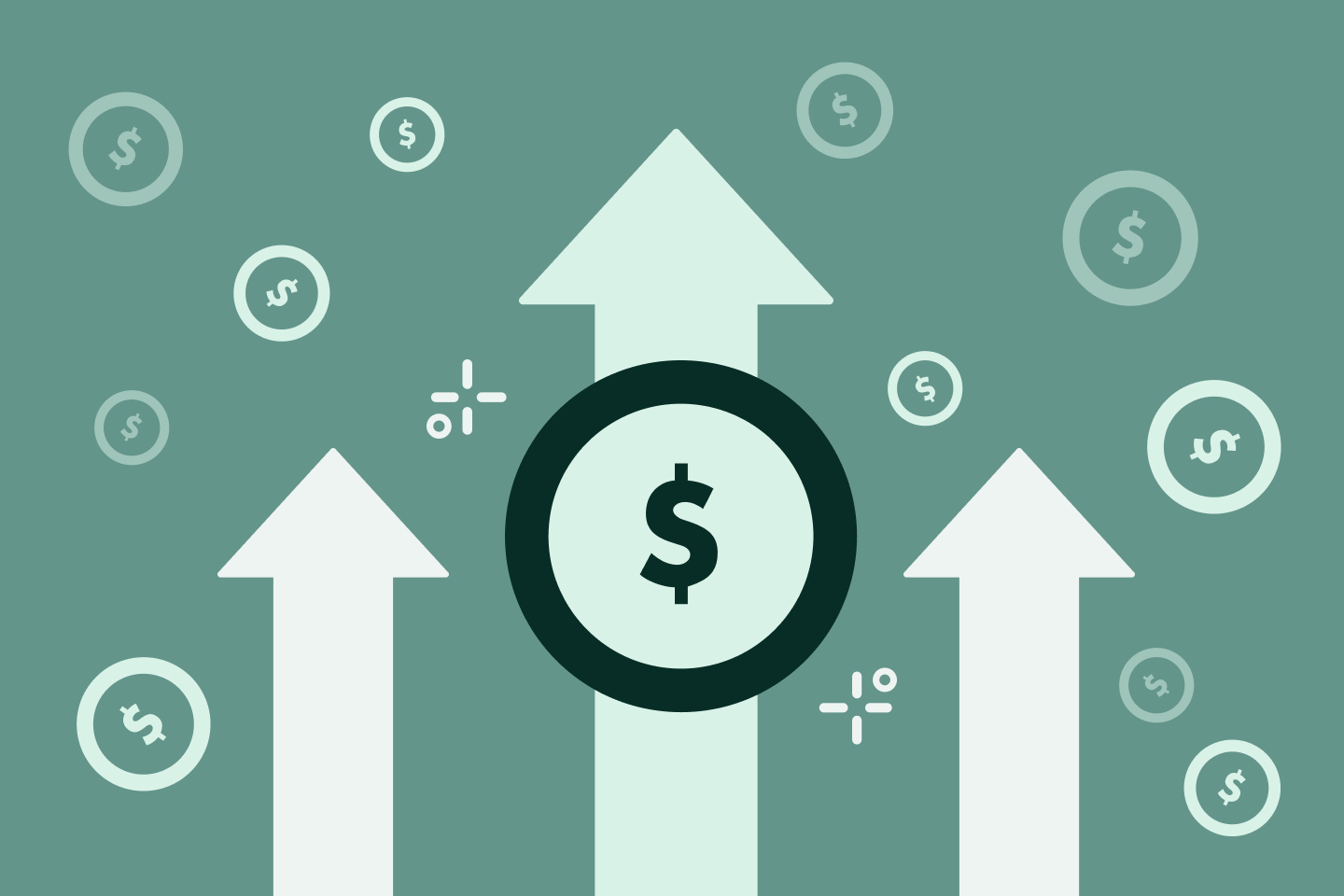Paying even a little more than the minimum payment could save you money in the long run.
By
Anne-Marie Kennedy

You already know you have choices when it comes to paying your credit card bill — that paying the statement balance each month will avoid interest charges, or that making the minimum payment keeps your account in good standing and helps avoid penalties and fees.
But what about the in-between? Is there a sweet spot between paying the full statement balance and making the minimum payment that could help your finances? In many cases, yes.
Paying even a little bit more than the minimum when you can could help you save money in the long run. The Consumer Finance Protection Bureau (CFPB) encourages consumers to pay as much of the balance as possible, before the payment due date, to avoid or minimize interest charges.
But first, let’s acknowledge that your credit card bill is just one small piece of your bigger financial picture. Everyone is on their own financial journey and has their own way of managing their finances. Only you know what the best choice might be for you when it comes to paying your bills.
Your health and safety come before everything else, so we understand that decisions about how much to pay on your credit card may come after your essential expenses like housing, utilities, food, transportation, medicine, insurance and other financial priorities.

Take a look at the example below to see how adding more to your minimum payment can help save money. By paying more than the minimum, less interest is paid over time, which can add up to real savings. In the example below, we’ll assume the average statement balance is $350 (on a $500 credit line), with an APR of 29.99%. A minimum payment in this scenario is commonly $25:

*Please note: This is a hypothetical example only and is not specific to any particular consumer’s circumstances. It also assumes no additional transactions on the account, so the minimum payment pays down on the balance.
In the example above, if the customer makes the minimum payment of $25, they’ll pay approximately $96.13 of interest over the course of a year if no additional transactions are made on the account. Let’s say they paid twice as much per month: $50. Approximately $51.76 of interest would accrue annually — a savings of about $44.37 per year in interest as they paid down their account.
If you just make your minimum payment each month, it could take you a while to pay off your credit card - if that’s your goal. Exactly how long it could take and how much you might pay in interest over time will depend on whether you’re continuing to use your card, how much you owe, when and how much you are paying, and your interest rate.
You can check your statement for information on how long it could take you to pay off your account by making only the minimum payment. In many cases, it will include an estimated repayment disclosure.
You can also use a credit card pay-off calculator and plug in your specific details to help you compare how long it will take to pay off your debt, what it will cost in interest, and how much you’ll save when you pay more than the minimum amount.
If you are worried about making your minimum payments, contact your credit card issuer to see whether they have resources that might help you. If you’re a Mission Lane customer, please reach out to us for information about how we might be able to help you.
Interested in learning more about how making more than the minimum payment may help your credit score? Check out our blog on The Anatomy of a Credit Score.
There’s no one-size-fits-all way of making credit card payments. We aim to provide you with information to help you make the right choices for your financial journey.
Our goal is to provide you with helpful, educational information. It is also not intended to imply that a particular product or service that we offer is right for you. Our content is not meant as a substitute for professional advice, including financial, investment and/or legal advice. For specific advice about your individual circumstances, please consider engaging a qualified professional.